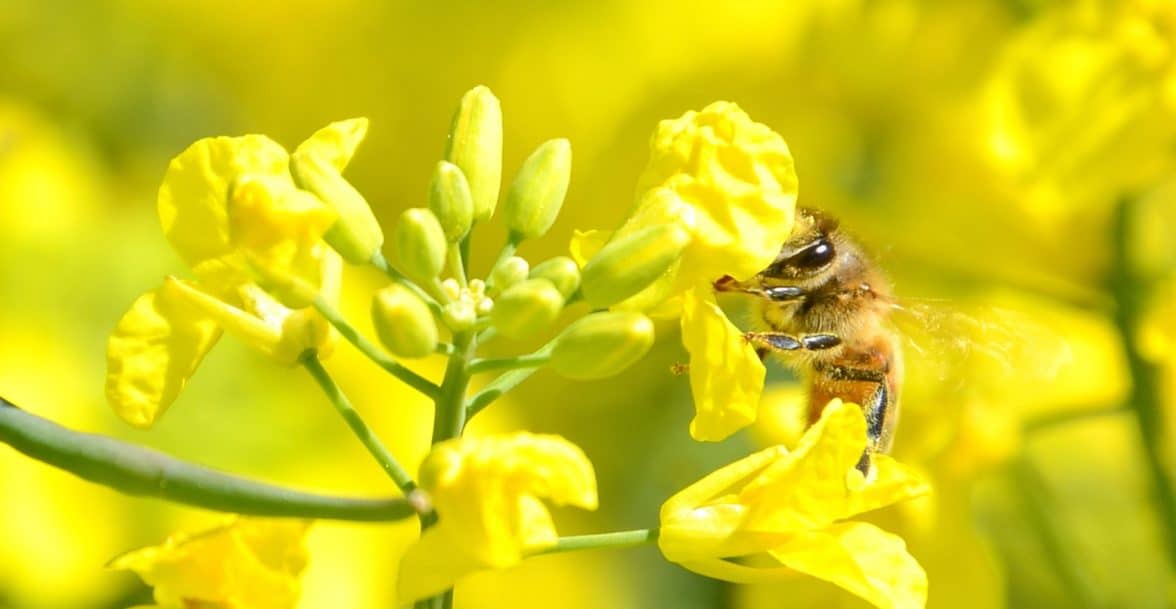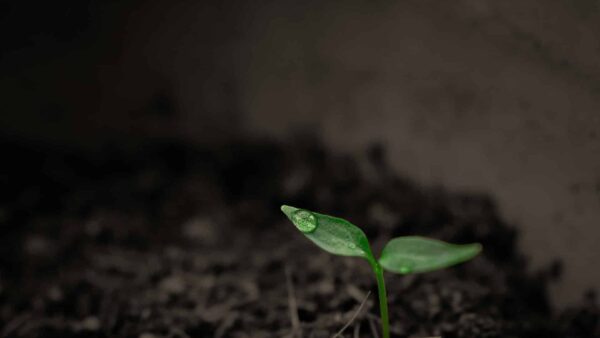With a grant of €9million, the research consortium, POSHBEE, led by Mark Brown, Professor in Evolutionary Ecology and Conservation at Royal Holloway, will study honey bees, bumble bees, and solitary bees, who all face, in Europe and around the globe, many threats and are in decline.
POSHBEE is a consortium of academics, governmental organisations, industry, and NGOs that will address the issue of agrochemicals to ensure the sustainable health of bees and their pollination services in Europe.
For the first time, the study will incorporate the knowledge and experience of local beekeeping, farming organisations and academic researchers (including the EU RefLab for bee health), the study will provide the first comprehensive pan-European assessment of the exposure hazard of chemicals.
It will look at the mix of chemicals that bees are exposed to, as well as their co-occurrence with pathogens and nutritional stress for solitary, bumble, and honey bees across two major cropping systems.
Professor Mark Brown, Royal Holloway, said of the five-year study: “I’m very excited to be leading this new study, especially as it will examine many species of bee, from our well-known social honey bees to much less well-known, but equally vital solitary bees.
“With 42 partners working on POSHBEE across the UK and Europe, and with the help of experts from science to bee keepers and farmers, we aim to make ground-breaking findings and start to work on ways to keep bees healthy.
“We hope that by the end of the five-year study we will have a good understanding of the threats that bees face, as well as a range of advice and tools for policymakers and practical bee keepers and conservation organisations that will keep our bees healthy into the future.
“After all, they are our best pollinators and are essential for our human well-being.”
Source: Royal Holloway











